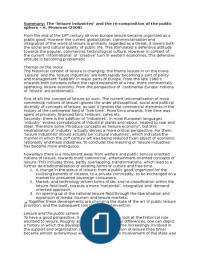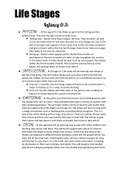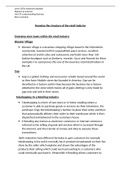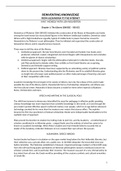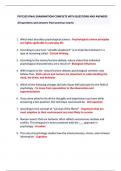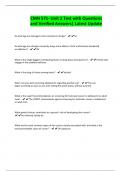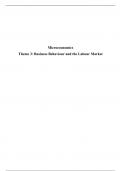sphere – H. Mommas (2008)
From the end of the 19th century all over Europe leisure became organized as a
public good. However the current globalization, commercialisation and
integration of the world of leisure is primarily regarded as a threat; it lowers both
the social and cultural quality of public life. This stimulated a defensive attitude
towards the popular, commercial, technological culture. However in context of
the current ‘informational’ or ‘creative’ turn in western economies, this defensive
attitude is becoming problematic.
Themes on the move
The historical context of leisure is changing: the theme leisure in on the move.
‘Leisure’ and the ‘leisure industries’ are both rapidly becoming a part of policy
and management ‘faddism’ in major parts of Europe. From the late 1980’s
onwards both concepts reflect the rapid expansion of a new, more commercially
operating, leisure economy. From the perspective of ‘continental Europe’ notions
of ‘leisure’ are problematic.
First of all: the concept of leisure as such. The current universalisation of more
commercial notions of leisure ignores the wider philosophical, social and political
diversity of concepts of leisure, as well it ignores the commercial elements in the
history of the continental field of ‘free time’. From time onwards, free time was
spent at privately financed fairs, festivals, cafes etc.
Secondly, there is the addition of ‘industries’. In most European languages
‘industry’ evokes connotations of industrial plants and labour, related to coal and
steal. Therefore some introduce concepts as ‘leisure economy’, but this
neutralisation of ‘industry’ actually denies a more critical perspective. For them,
‘leisure industries’ should actually be ‘cultural industries’, which indicates the
manner in which the 20th century art was being reduced to an object of economic
rationality and mass industries. To conclude: the meaning of ‘leisure industries’
has become more ambiguous.
Nowadays there is a movement away from welfare and public service oriented
notions of leisure, towards more commercial, entertainment-oriented concepts of
leisure. This includes three, partly overlapping, transformations, which lead to a
further de-traditionalisation of existing forms of culture and free time.
1. A change in the status of leisure: from a public good, organized for the
civilising benefits of citizens, to a private commodity, to be exchanged on a
market for presumed sovereign consumers.
2. Market- and technology driven forms of de- and re-classification within the
leisure field itself, towards a more ‘horizontal’, integrative and ‘demand’
oriented approach.
3. An opening up of the national leisure field through the liberalisation and
expansion of media, tourism and leisure markets.
Together these developments are changing the state of the art of public leisure
provision, and the subsequent role for public intervention.
Leisure and the public sphere
To have a good perspective, it is necessary to take a look at the historical role
ascribed to leisure. Roughly abstracting from regional differences, one can depict
a history in which the developing nation states became increasingly involved in
the support and organisation of leisure facilities. Notion of leisure (free time)
became almost synonymous with public leisure. The involvement of the state was


